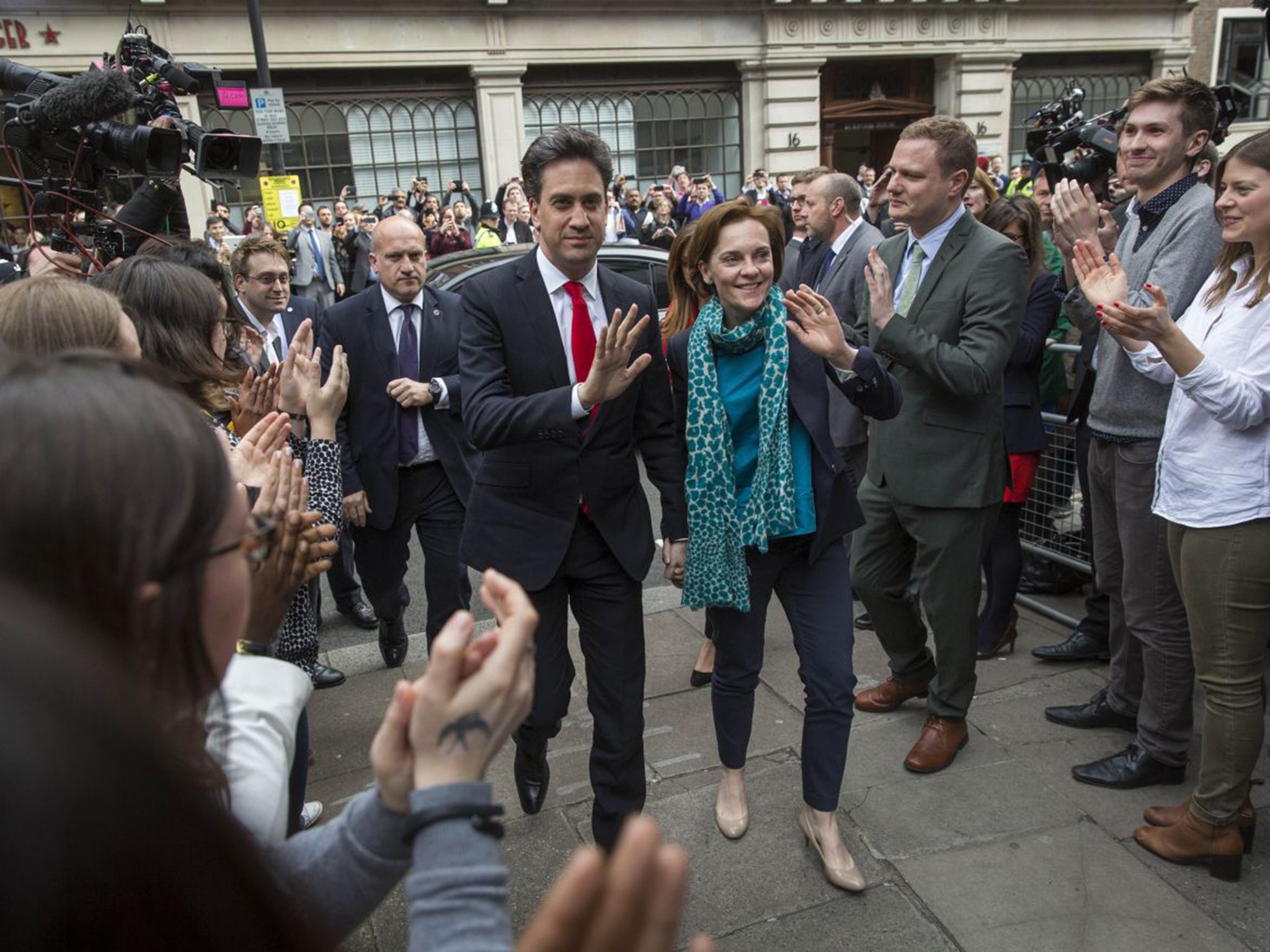Labour leadership election: Ed Miliband's era of magical fabulism is over
A Labour frontbencher says the former leader was convinced he would win, and the party fell prey to rampant delusion

Having lost an election that was there to be won, the scale and scope of the defeat inflicted by Ed Miliband upon the Labour Party – and, more importantly, those for whom the party exists to serve – continues to be revealed in excruciating detail.
The challenges facing the Labour Party are now bigger than they ought to be. In truth, not all of the blame for Labour’s defeat can be attributed to Ed, but, post-defeat, the unfolding carnage in the Labour movement can and should be.
Ed’s legacy is one of avoidable self-immolation.
Like any leader of any party, Ed sought to reshape the party in his own image. Despite the nature of his leadership victory, this was legitimate. Inexplicably, this led Ed to define the Labour Party that he led in contrast and opposition to the most successful Labour government ever. This approach wasn’t cosmetic, tactical or even strategic. It was one of profound principle: that New Labour and, by definition, its achievements should be jettisoned. An unwise move in its own terms, but when placed in the context of the electoral and political realities of the time, this appears idiotic at best, suicidal at worst.
Tragically, even when faced with a leader it didn’t want, a weary and inert Parliamentary Labour Party allowed this fantasy thinking to become embedded. As the events of the past week have shown, the consequences persist beyond our catastrophic election defeat.
This corrupted environment shaped Ed’s principal bequest to the party: a fabulist mind set. When considering the wreckage left by his leadership, I am reminded of Hunter S Thompson’s description of the brutal defeat of the American new-left at the hands of Richard Nixon.
In Fear and Loathing in Las Vegas, Thompson described the 1960s West Coast spirit that shaped this movement: “There was a fantastic universal sense that whatever we were doing was right, that we were winning...”
Ed’s conviction that he would win was absolute. With faith in the face of reason and fact, the doubts of Labour MPs were never entertained: fabulism ran riot. “Our energy would simply prevail … we had all the momentum; we were riding the crest of a high and beautiful wave ... So now, less than five years later, you can go up on a steep hill in Las Vegas and look west, and with the right kind of eyes you can almost see the high-water mark – that place where the wave finally broke and rolled back.”
But for Labour under Ed, there never was a high-water mark. At a time when even Syriza has accepted the suffocating economic realities of our time, Ed’s fabulism can no longer be indulged. This magical thinking has already had its three strikes: its rejection by the British people at the general election, its embodiment in Jeremy Corbyn as a clearly unelectable potential Labour leader (a candidacy facilitated by Ed’s legacy) and the point-blank refusal of some sections of the party to listen to what the public and Labour voters are telling us about “welfare” spending. This isn’t simply a refusal to compromise with the electorate; it’s a refusal to compromise with reality.
For five years, like shareholders watching a company chief executive aggressively reduce its customer base and market share with all the inevitable consequences for stock value that this entails, Labour MPs failed to check these rampant delusions. For all these criticisms, Ed Miliband is an intelligent and capable politician. Ultimately, the most enduring legacy of his leadership may yet be the final defeat of Labour’s fantasy thinking.
Labour has a responsibility here, not only to itself and to those people who need a Labour government in Britain, but to the European and more broadly “Western” left. Labour has historically been at the forefront of global social democratic thought.
New Labour heralded a new kind of leftist politics born of its time and designed to address the problems of the age in which it was created. From May 2010 to the present, Labour has conspicuously failed to do this. The tragedy is that Gordon Brown’s government was engaged in precisely this body of work: how do social democratic parties govern, maintain a broad consensus, and pursue progressive goals when there is no money to spend? Vacating this space invites perpetual defeat.
The scale of Labour’s defeat means that the next party leader – and I hope that this is Andy Burnham – has licence to undertake the heavy lifting required to make Labour a party of government again.
There is huge scope in pursuing a different way of spending public money so as to achieve different outcomes and different goals to the Conservatives, rather than simply spending more money.
Whisper it, but plenty in Labour’s ranks are already doing this work and there is genuine excitement at the scale of what is possible. Necessity, after all, is the mother of invention.
Jamie Reed is Labour MP for Copeland in Cumbria and is a shadow health minister
Join our commenting forum
Join thought-provoking conversations, follow other Independent readers and see their replies
Comments